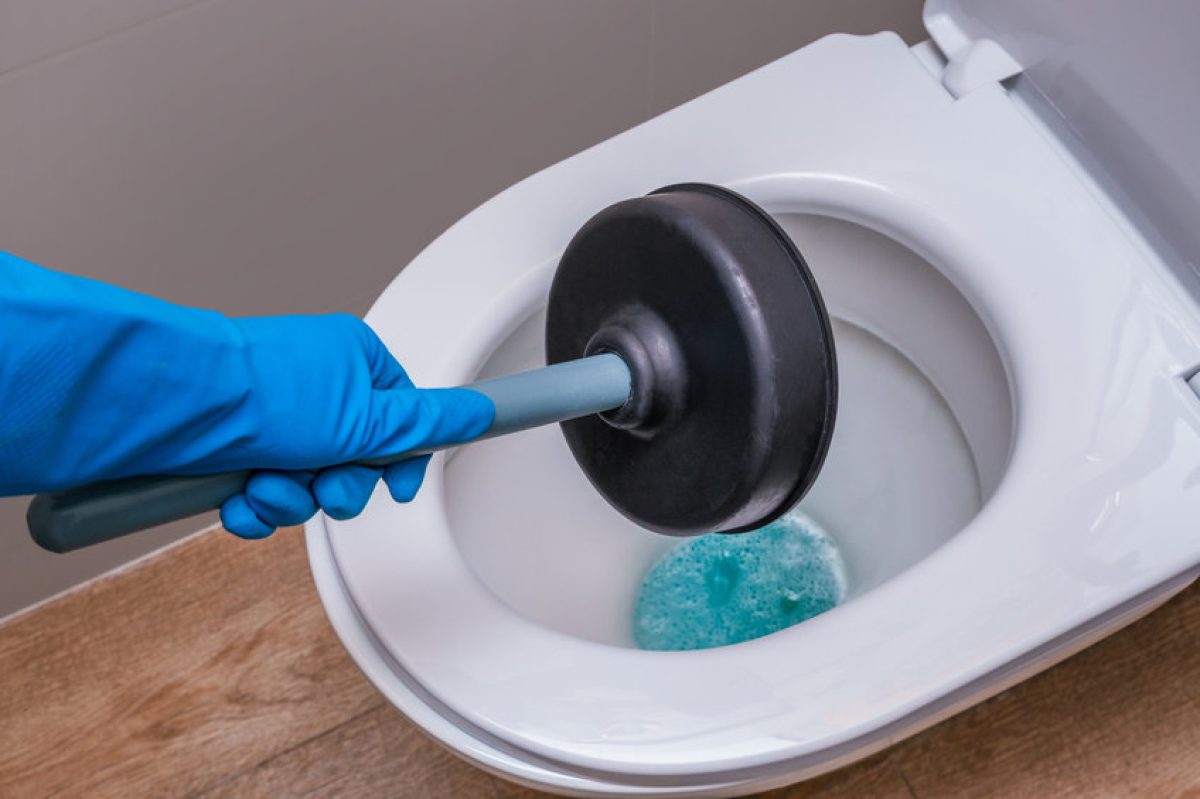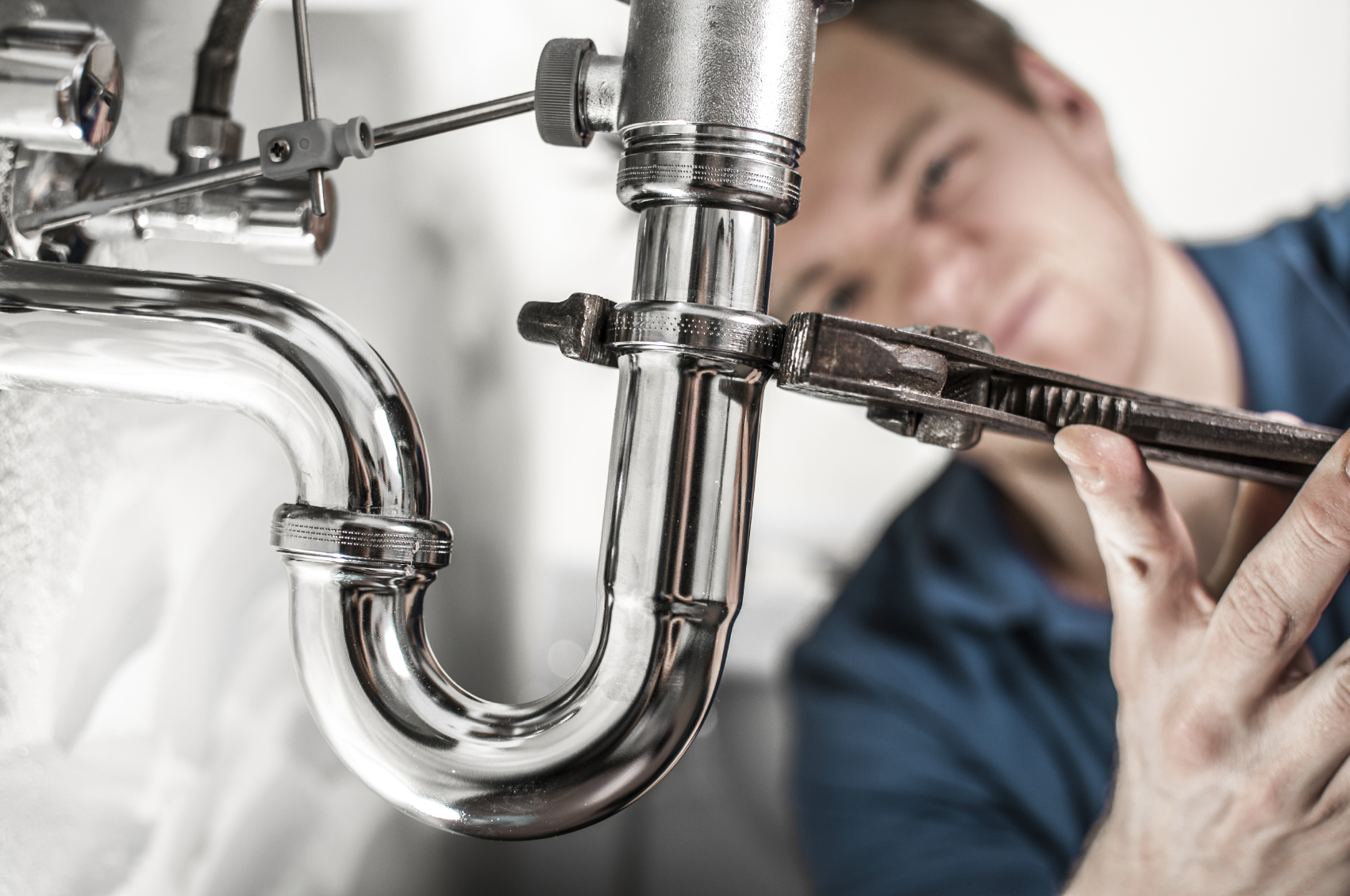Keeping a shower drain always free from clogs can feel like a relentless task. From hair to soap scum and hard water deposits, there’s a myriad of elements that can lead to a blocked drain.
Fortunately, a range of practical tools and gadgets can help maintain the smooth flow of the water. This guide aims to shed light on these tools and give you an understanding of how to unclog a shower drain efficiently and prevent future blockages.
Drain Covers and Hair Catchers
Hair accumulation is a leading contributor to obstructed shower drains. A viable way to address this issue is the use of a hair catcher or drain cover.
These unassuming devices play a crucial role in trapping hair and other particulate matter before it descends into the drain, meanwhile letting water pass unhindered. They are designed to accommodate a wide range of drain styles and come in diverse shapes, sizes, and materials.
Keeping these hair catchers clean is an essential routine task to maintain their operational effectiveness, extend their useful life and also prevent the need for urgent shower drain unclogging.
Plungers for Shower Drains
The plunger, a timeless plumbing tool, can often be the first line of defence against a clogged shower drain.
While the standard cup-style plunger may work for minor clogs, a flange or bellows-style plunger might be more effective for stubborn blockages. These designs provide a tighter seal around the drain, enabling more forceful plunges.
Remember, applying firm, rhythmic pressure to dislodge the clog is key.
Drain Snakes and Augers
When plunging fails to clear those deep blockages, it might be time to deploy a more direct tool: the drain snake or plumber’s auger.
This flexible coil of wire is designed to navigate through the drain pipe, reaching and breaking up clogs that are farther down the line. Some snakes also have a retrieval end to pull out the blockage.
For more substantial clogs, professional-grade drain snakes available at a plumbing company can provide the necessary extra effect you might need.
DIY Drain Cleaning Solutions
Sometimes, the simplest solutions are hiding in plain sight – right in your kitchen cabinet.
When teamed together, the unassuming duo of baking soda and vinegar can easily tackle organic drain blockages. The secret lies in the fizzing chemical reaction they create, capable of dislodging smaller clogs.
Here’s a straightforward guide to harnessing this solution:
- Begin with half a cup of baking soda. Pour it down your shower drain, ensuring it descends fully into the pipe instead of resting at the surface.
- Add half a cup of vinegar into the drain, right onto the baking soda. The subsequent fizzing and hissing signals the desired chemical reaction, busy breaking down the clog.
- Let this dynamic duo do their job undisturbed for approximately 20 minutes. This interval is vital as it allows the effervescing mixture to adhere to and chip away at the clog.
- Having given the mixture enough time to work, follow up by rinsing it with boiling water. The force and heat of the water will aid in dislodging the loosened debris, flushing it away and consequently clearing your pipe.
The beauty of this DIY method is its non-toxicity and eco-friendliness, rendering it safe for households with pets or children.
However, remember that this method might fall short for heftier or stubborn nonorganic clogs, and it could be time to investigate other solutions or call a professional plumber.
Enzyme Cleaners
Enzyme-based drain cleaners are a green, safe solution for managing blocked shower drains. They deploy bacteria or enzymes that naturally break down the organic materials responsible for clogs in a process called biodegradation.
While slower in action than chemical cleaners, enzyme cleaners preserve your pipes from corrosion, eliminate the risk of harmful fumes or burns, and refrain from introducing damaging substances into the water system.
These cleaners work best as a preventive measure—frequent applications help keep your drains clear by prematurely removing potential blockages before they become a clog.
While they may not always suffice for severe and non-organic clogs, their regular use can save you from various complicated situations in the long run. As always, consult a professional plumbing company before introducing any product into your plumbing system to prevent unintended damage to your pipes.
High-Pressure Water Jets
High-pressure water jets, commonly referred to as hydro jets offer a potent solution for clearing obstructions, particularly those caused by accumulated grease or soap scum. The powerful water stream can effectively break down and flush out these stubborn clogs.
However, their powerful jet may not be compatible with all plumbing systems, particularly if your pipes are older and fragile. It’s crucial, therefore, to engage a licensed plumber before employing such a forceful device.
A qualified plumber can assess your specific plumbing structure and the nature of the blockage and give advice on whether a high-pressure water jet is the right approach.
When used correctly and under the appropriate circumstances, hydro jets can effectively maintain a clear and functional shower drain.
Chemical Drain Cleaners
If you struggle with stubborn clogs, chemical drain cleaners could offer a solution. These products unleash potent chemical reactions designed to disintegrate or fracture the blockage into easily flushable fragments. But these cleaners should only be used as a last resort.
The high-intensity chemicals in these cleaners could inadvertently damage your plumbing—especially if you’re dealing with older pipes or those made from certain materials.
Additionally, these products could pose environmental hazards, contaminating water bodies and negatively affecting marine life if improperly discarded.
Furthermore, the use of chemical drain cleaners involves a risk to human health. They can cause burns and respiratory issues if not used with caution.
Therefore, strictly adhering to the manufacturer’s instructions when using these products is critical. You should wear suitable protective gear, including gloves and goggles, and ensure that the room is adequately ventilated to avoid the build-up of harmful fumes.
Knowledge is key when dealing with such potent chemicals. If you’re uncertain about using a chemical drain cleaner, don’t hesitate to consult a professional plumber.
They can provide valuable advice on the most suitable, safe, and efficient way to handle your specific blockage, ensuring your shower drain remains clear and functional whilst minimising any potential harm to your plumbing, the environment, and yourself.
Preventative Measures
Prevention is always better than cure, especially when it comes to drain maintenance. Regularly cleaning your drain and utilising tools such as drain covers can significantly reduce the risk of clogs.
Regular use of enzyme cleaners can also keep organic matter from building up. Also, be mindful of what goes down the drain – try to catch and dispose of hair, soap bits, and other debris before they enter the drain.
While drain maintenance might seem daunting, with the right tools and some diligence, it’s an achievable task.
And remember, if a clog becomes too challenging to handle, even for chemical drain cleaner solutions, don’t hesitate to call a professional plumbing company. They have the tools and expertise to handle complex blockages safely and effectively.
Conclusion
Managing an unclogged shower drain demands more than just responding to blockages – it requires a proactive stance.
By comprehending and effectively utilising a range of tools and methods, you can address and prevent clogs efficiently. Implement preventative measures like drain covers, regular use of enzyme cleaners, and careful disposal of waste to reduce clogging frequency.
For existing blockages, understanding DIY methods and knowing when to escalate to professional help can save time and avoid potential damage.
Lastly, maintaining a clog-free shower drain is a matter of consistency, so it’s essential for the process to become a routine part of your household management.


